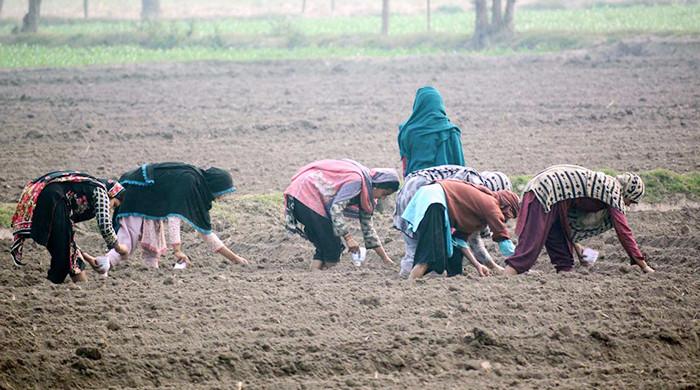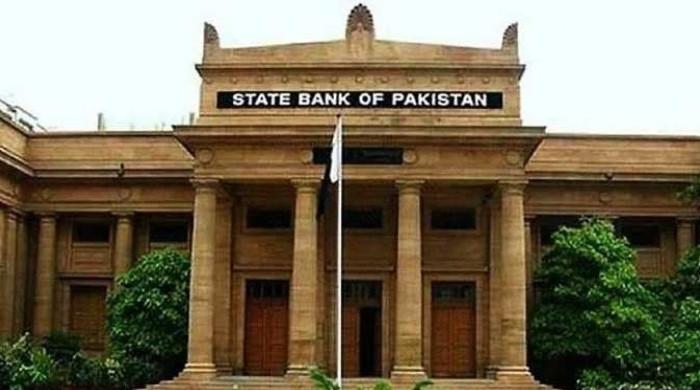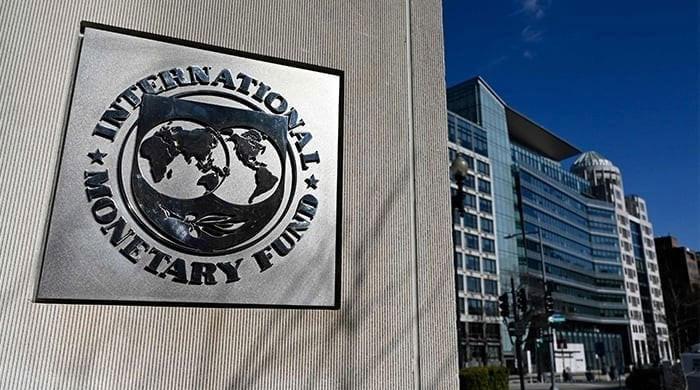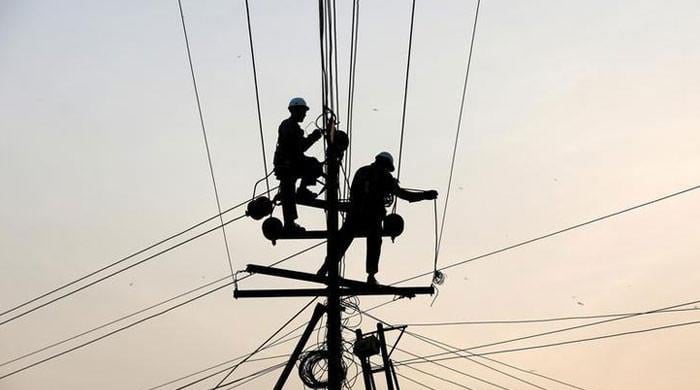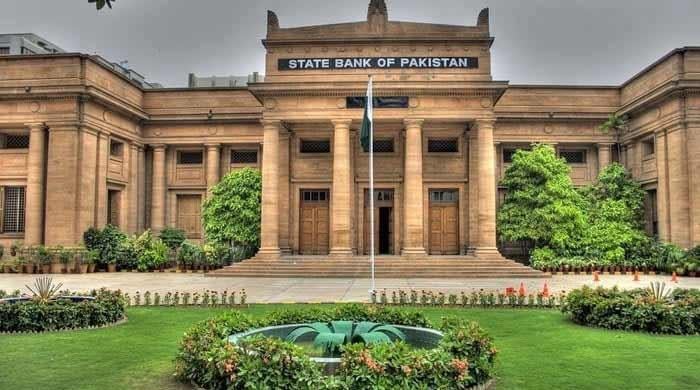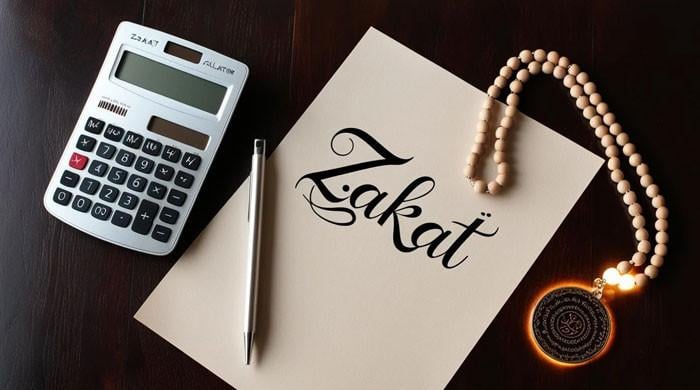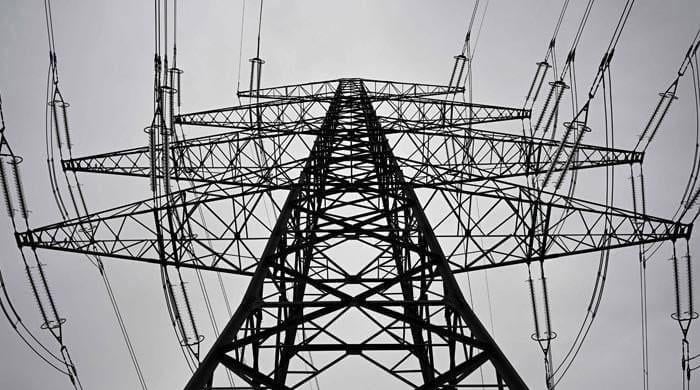Businessmen praise budget 2021-22, but warn of long-term impact on trade
Federal Finance Minister Shaukat Tarin presented the federal budget 2021-22 in the National Assembly a day earlier
June 12, 2021
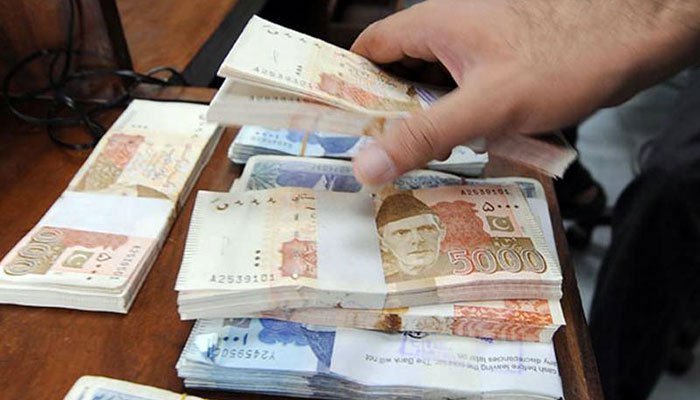
- Businessmen hail budget, but warn of long-term effects.
- Former KCCI president Zubair Motiwala calls it a "balanced budget".
- Questions government’s ability to meet its revenue target, which is 24% higher or Rs1,230 billion higher than last fiscal year.
KARACHI: Pakistan's business community believes the government's budget for 2021-22 "seems balanced", but has warned of possible long-term effects of it on the trade industry.
They said the effects on trade would be clear after a close analysis of the complete finance bill document.
Federal Finance Minister Shaukat Tarin presented the federal budget 2021-22 in the National Assembly a day earlier amid a racket from the Opposition benches.
Budget 2021-22: Realistic or over-optimistic?
"The industry officials are wondering how the government, having announced so many exemptions and cuts in the taxes, will generate 24% more revenue compared to FY21. They also pointed out a lack of measures to bring down the spiking food prices," according to a report by The News.
'Initial impression of budget speech very positive'
The initial impression of the budget speech was that its "very positive" for the industry, Federation of Pakistan Chambers of Commerce & Industry (FPCCI) Businessmen Panel Chairperson Mian Anjum Nisar said in a press conference after the budget was presented.
Nisar was accompanied by FPCCI President Nasir Hayat Maggun and Pakistan Industrial and Traders Association Front (PIAF) Chairperson Mian Nauman Kabir.
There was no mention of rationalisation of power tariff, which was the real concern of the industry, he said, adding that uncontrolled inflation is currently Pakistan's real issue, but that no subsidy for food item prices or sales taxes or import duties on edibles and pulses had been announced.
Read more: How will the new budget affect the common citizen?
Nisar welcomed the drop in capital gains tax from 15% to 12.5%, reduction of custom duty, additional custom duty and regulatory duty on import of raw materials for the textile sector, hot rolled coil steel sector, pharma sector (more than 350 APIs), footwear sector, cables, and other 328 tariff lines.
Kabir, meanwhile, appreciated the new uniform export facilitation scheme, exemption of federal excise duty from food and related consumable goods, cars of up to 850cc, and juices, and reduction of sales tax for cars up to 850cc.
He said the removal of withholding taxes on cash withdrawal and banking instruments, package for housing, SME support programme, fixed tax scheme, and Rs100 billion package for uplift of underdeveloped areas were good measures.
According to the publication's report, Kabir said zero-rating of IT exports (offering tax credits, exemption of sales tax) was the right decision, while measures to control circular debt to be implemented in the next two years, which included control on line losses, increasing renewable energy, restructure of private power debt etc was also a good step.
The PIAF chairman also lauded reduction in turnover tax from 1.5% to 1.25% and introduction of interest-free loans for up to Rs500,000 to the industry.
'A balanced budget': former KCCI president
Former Karachi Chamber of Commerce and Industry (KCCI) president Zubair Motiwala called it a "balanced budget".
He said the government’s resolve to increase the tax net was a step in the right direction, as only 2.2 million people paid taxes out of a population of 220 million.
Budget 2021-21: Highlights of PSDP
Of this, 1.2 million were salaried people and so, only 1.0 million people paid taxes in this country, which is alarming, he said.
The former KCCI president questioned the government’s ability to meet its revenue target, which was 24% higher or Rs1,230 billion higher than the last fiscal year.
“Putting the business community in jails will not help the government achieve vertical growth,” he said, lamenting the government's announcement that it would criminalise tax avoidance.
Motiwala suggested state-owned loss-making companies including PIA and Pakistan Steel Mills should be privatised. “You have not privatised any loss-making institute in three years,” he said.




